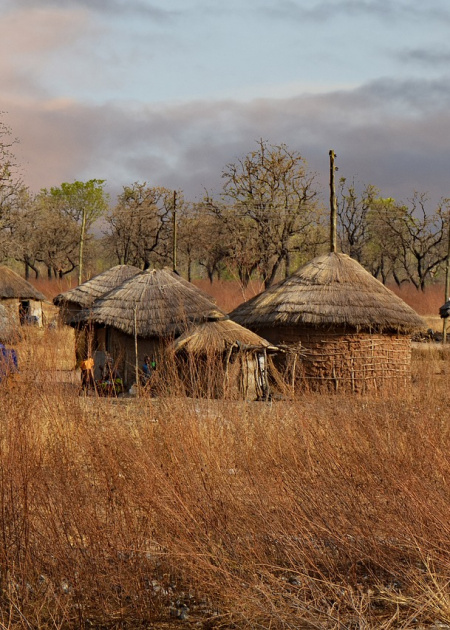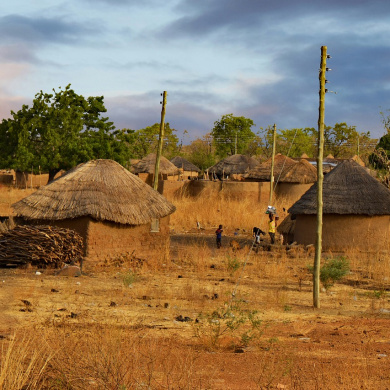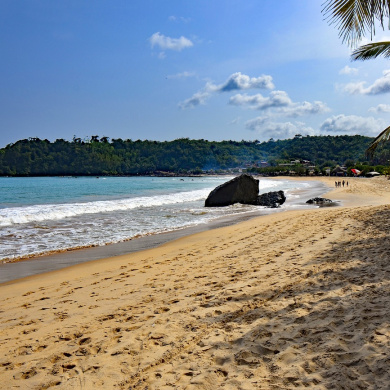Why travel to
Ghana is a beautiful and vibrant country with a lot to offer visitors. It has a rich cultural heritage, stunning scenery, and welcoming people. It is a great destination for beach lovers, wildlife enthusiasts, and adventure seekers. Ghana is also a great place to explore the history of African slave trade and colonialism. With its diverse landscape, vibrant cities, and rich history, Ghana is a great place to visit for anyone looking for an unforgettable experience.
Cost of living
The cost of living in Ghana depends on many factors such as location, lifestyle, and income. Generally, the cost of living in Ghana is considered to be relatively low compared to other countries. Basic necessities such as food, utilities, and transportation are generally affordable, while housing and other living expenses can vary depending on the area.
Safety
Yes, it is generally safe to travel to Ghana. However, visitors should exercise caution and be aware of their surroundings. As with any international travel, it is important to research the destination and take necessary safety precautions.
Places to visit
- Accra: As the capital of Ghana, Accra is a vibrant and bustling city with plenty to see and do. From lively markets to the National Museum, to the beaches of Labadi and Kokrobite, there is something for everyone.
- Cape Coast Castle: This castle, located on the coast of Ghana, was once a major hub of the trans-Atlantic slave trade. It is now a UNESCO World Heritage Site, and visitors can explore its dark history and learn more about the slave trade.
- Mole National Park: This is Ghana’s largest national park, and it is home to a variety of wildlife, including elephants, antelopes, monkeys, and more. Visitors can explore the park on a safari, and stay in one of the park’s lodges.
- Kumasi: This is the second largest city in Ghana, and it is known for its art, culture, and history. It is home to the Manhyia Palace, the Prempeh II Jubilee Museum, and the Kumasi Zoo.
- Lake Volta: This is the world’s largest artificial lake, and it is a popular destination for fishing and boat trips. Visitors can also explore the surrounding villages, and learn more about the local culture.
Food to try
- Jollof Rice: A popular Ghanaian dish, jollof rice is a one-pot meal made with rice, tomatoes, onions, peppers, and other spices.
- Fufu: A staple in Ghanaian cuisine, fufu is a thick paste made from boiled and mashed starchy vegetables like cassava, yams, or plantains.
- Banku: A traditional Ghanaian dish, banku is a fermented corn and cassava dough that is steamed and served with a variety of sauces.
- Kelewele: A popular Ghanaian street food, kelewele is made from diced plantains that are fried and spiced with ginger, pepper, and other spices.
- Red Red: A popular Ghanaian dish, red red is a stew made with black-eyed peas, tomatoes, onions, peppers, and spices.
Souvenirs
- Kente Cloth: Kente cloth is a traditional fabric from Ghana that is brightly coloured and intricately patterned.
- Adinkra Symbols: Adinkra symbols are hand-printed stamps that originated in Ghana and are used to convey messages of power and wisdom.
- African Masks: African masks are a popular souvenir from Ghana and come in a variety of colours and designs.
- African Wood Carvings: African wood carvings are a popular souvenir from Ghana and can be found in a variety of sizes and styles.
- Jewellery: Jewelry from Ghana is unique and often features traditional symbols and colours.
- Gold Jewelry: Gold jewellery is a popular souvenir from Ghana and can be found in a variety of styles and designs.
- Pottery: Pottery is a popular souvenir from Ghana and can be found in a variety of colours and styles.
- Batik Fabric: Batik fabric is a traditional fabric from Ghana that is brightly coloured and intricately patterned.
- Hand-Woven Baskets: Hand-woven baskets are a popular souvenir from Ghana and come in a variety of colours and styles.
- African Drums: African drums are a popular souvenir from Ghana and come in a variety of sizes and styles.



